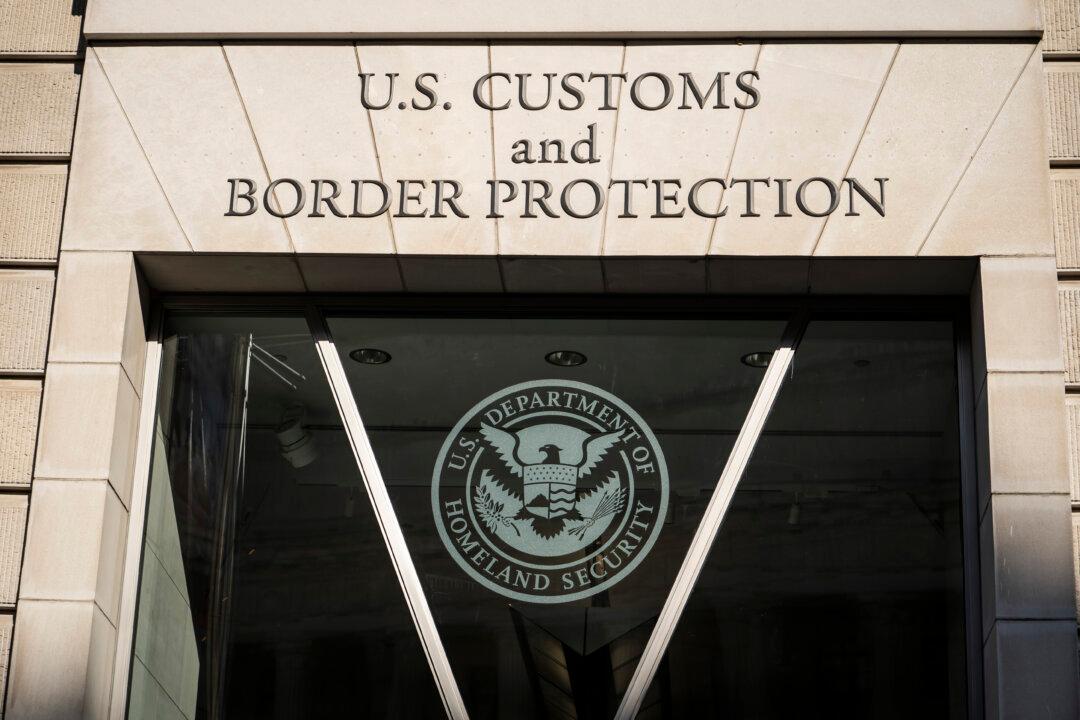The U.S. government has implemented changes for asylum seekers at its border with Canada amid an increase in illegal crossings.
The new rules put in place by the Department of Homeland Security (DHS) include reducing the time claimants have to consult a lawyer from 24 hours to four hours.





